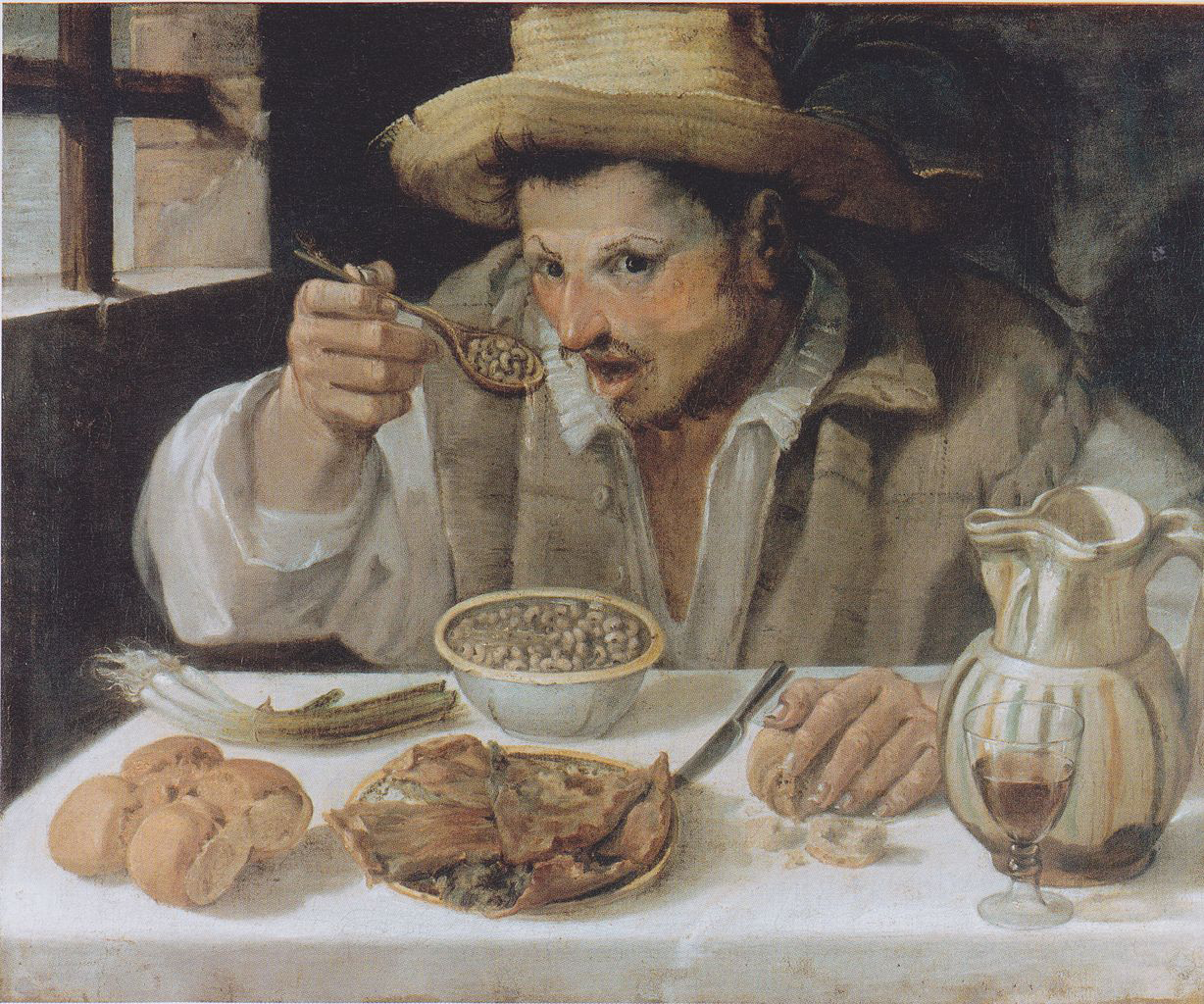
In the past just like today, eating and drinking were basic human needs,
but also social activities and an expression of collective and
individual identities. As dietary rules and festive traditions show,
food and drink were charged with symbolic and often religious meaning.
Medical treatments reveal the connections between nutrition, the body,
and the senses. The availability, production, and consumption of
foodstuffs mirror power dynamics and economic relationships. During the
early modern period, increasing global interaction, colonization, and
enslavement affected cooking and eating habits. This seminar explores
early modern foodways from a transcultural perspective. We will
investigate how culinary practices evolved, were shaped by, and in turn
shaped cultural encounters, transfers, and entanglements as well as
conflicts and divisions.
Carole Counihan and Penny Van Esterik (eds.), Food and Culture: A
Reader, 3rd ed. New York 2013; David Gentilcore, Food and Health in
Early Modern Europe: Diet, Medicine, and Society, 1500-1800, London etc.
2016; Beat Kümin (ed.), A Cultural History of Food in the Early Modern
Age, Oxford 2012.
- Dozent/in: Beate Heß
- Dozent/in: Sünne Juterczenka